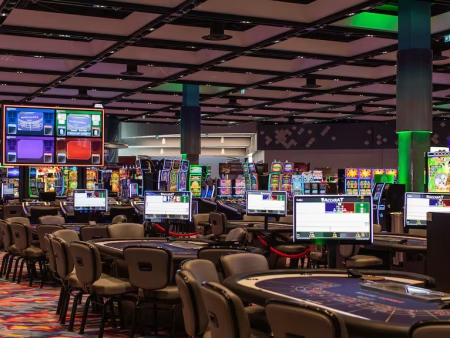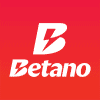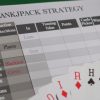The University of Alberta’s inaugural Gambling and Gaming Micro-Credential Course was held from November 12th to November 15th, and equipped participants with a deeper understanding of the rapidly changing industry.
Created and led by political science professor Dr. Fiona Nicoll, the four-day intensive program brought together professionals, students, and policymakers to tackle the complexities of gambling in Canada and beyond. The course covered a wide range of critical topics, from the challenges posed by iGaming to the social implications of gambling in diverse communities.
The course, held both online and in person at the University of Alberta from November 12 to 15, 2024, attracted attendees from varied fields, including addiction treatment, journalism, regulation, and education.
Portable Casinos: The Industry Shift to iGaming
One of the program’s major focal points was the transformation of the gambling industry from brick-and-mortar establishments to the digital sphere. iGaming, or online gambling, has radically changed how people engage with betting. As Dr. Nicoll explained in an interview with the Edmonton Journal, “The shift to online gambling takes regulation out of the hands of physical establishments and places the responsibility on individual players.”
The discussion also highlighted Alberta’s current efforts to regulate iGaming. The province’s Play Alberta app has already seen significant usage growth, particularly during major sporting events.
However, as Alberta moves toward launching a commercial iGaming market by 2025, the course examined the challenges of creating robust regulations that balance player protection with economic opportunity.
Cryptocurrency and Grey Markets
A standout session focused on the intersection of cryptocurrency, video gaming, and gambling. Course-takers learned how these overlapping sectors blur traditional definitions of gambling.
With grey-market platforms and unregulated sites increasingly using cryptocurrencies like Bitcoin and Ethereum, regulating this space has become more complex than ever. “There’s a whole root system under the surface of gambling that intersects with gaming, microfinance, and investment,” Dr. Nicoll said, describing the new challenges regulators face.
Attendees delved into case studies exploring the dangers of grey-market sites, including how these platforms attract younger gamblers. They also discussed potential regulatory frameworks for tackling the rise of cryptocurrency in gambling, weighing the pros and cons of state-run versus licensed systems.
Social Impact of Gambling and Gaming
The Gambling and Gaming Course also emphasized the human side of gambling, exploring how different communities are affected by its rapid evolution. Indigenous gambling practices, for example, were a recurring theme throughout the program, highlighting both the opportunities and challenges faced by First Nations communities as they navigate the online gambling space.
Another important point made during the course was the use of responsible gambling tools. Participants examined the shift from the traditional “Responsible Gambling” model to the more proactive concept of “Positive Play.” This approach emphasizes creating an environment where gambling is enjoyable and sustainable rather than solely focusing on minimizing harm.
Attendees noted that the information provided practical solutions for addressing gambling’s growing reach among diverse and often vulnerable groups.
Broader Implications for Alberta
With the upcoming changes to the province’s market and Alberta continuing to refine the juridical and social approach to online gambling, it is possible that the subject will be taught more regularly in prestigious institutions like UAlberta.
Whether working in regulation, education, or addiction treatment, conscientizing and educational programs leave workers equipped with the knowledge and skills to navigate one of the most dynamic sectors of the economy.
It’s clear that the course was a good way to explore one of the most important takeaways from the past couple of years: the intersection of gambling with gaming, investment, and technology means that traditional approaches to regulation and treatment may no longer suffice.
With the conclusion of this University’s of Alberta innovative workshop, the initiative of Dr. Fiona Nicholls provided a roadmap for addressing these challenges. With a mix of expert insights, practical learning, and timely relevance, the program has laid the groundwork for a more informed and proactive approach to gambling in Canada – one that is likely to stick around.
















